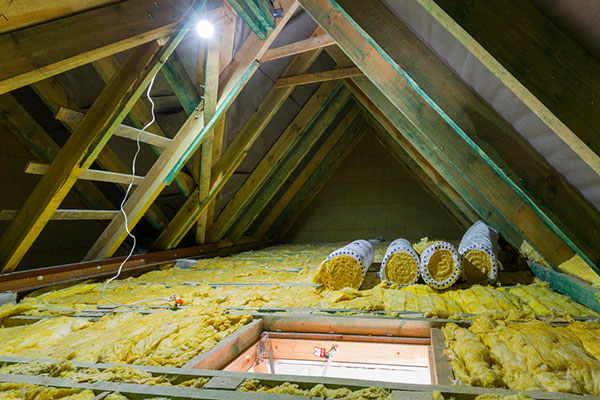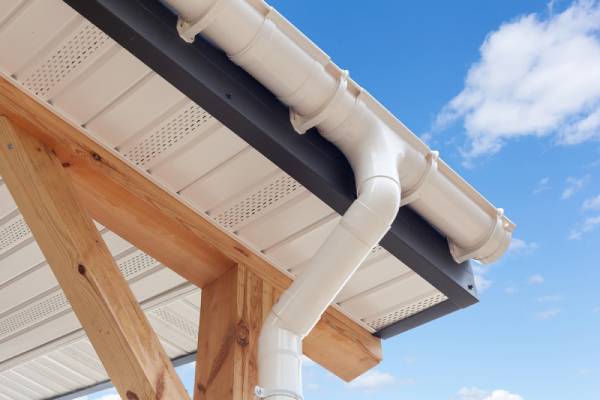In the UK, proper ventilation is essential for garages to ensure safety and maintain the structural integrity of the building. While specific requirements may vary depending on factors such as the garage’s size, construction, and intended use, vents are generally recommended to provide adequate airflow, prevent the build-up of harmful gases, and reduce condensation. This article will discuss the importance of garage ventilation, various types of vents, and guidelines for determining whether vents are necessary for your garage.
Understanding the Importance of Garage Ventilation
Proper ventilation is crucial for garages for several reasons:
- Preventing the build-up of harmful gases: Garages often house vehicles and other equipment that produce harmful gases, such as carbon monoxide. Adequate ventilation helps disperse these gases and reduce the risk of health hazards.
- Reducing condensation: Insufficient ventilation can lead to condensation, which can cause mould, mildew, and other moisture-related problems, potentially damaging the garage’s structure and contents.
- Maintaining indoor air quality: Good ventilation can help eliminate unpleasant odours and improve overall air quality within the garage.
“Proper ventilation is essential for maintaining a safe and healthy environment in your garage.” – Tony from Midland Garage Doors.
Garage Ventilation Requirements
While there is no specific regulation in the UK that mandates the installation of vents in garages, the need for proper ventilation is emphasized in various building codes and guidelines. Some factors that may influence the requirement for garage ventilation include:
- The presence of fuel-burning appliances or vehicles within the garage.
- The garage’s construction materials and insulation.
- The size of the garage and the volume of air within it.
- Local climate conditions and humidity levels.
Ultimately, it is the responsibility of the homeowner or builder to ensure that the garage has adequate ventilation to maintain a safe and healthy environment.
Types of Garage Vents
There are several types of vents available for garages, including:
- Wall vents: These vents are installed in the garage’s walls and can provide both intake and exhaust ventilation. They can be passive, allowing air to flow through them naturally, or active, using fans to facilitate airflow.
- Roof vents: Installed in the garage’s roof, these vents provide exhaust ventilation, allowing hot, moist air to escape.
- Door vents: Vents can also be installed in the garage door itself, providing additional intake ventilation.
When choosing the right type of vent for your garage, it is important to consider factors such as the garage’s construction, local climate conditions, and the presence of any fuel-burning appliances or vehicles.
Consulting a Professional
If you are unsure whether your garage requires vents, it is recommended to consult with a professional builder, ventilation expert, garage door specialist or building inspector. They can assess your garage’s specific needs and recommend the appropriate type and number of vents to ensure proper ventilation.
Maintaining Garage Vents
Once installed, it is crucial to keep your garage vents well-maintained to ensure they continue to function effectively:
- Inspecting vents: Check your garage vents at least once a year for signs of damage, blockages, or wear and tear. Address any issues promptly to maintain proper ventilation.
- Clearing debris: Remove leaves, twigs, and other debris that may be blocking the vents, restricting airflow and reducing their efficiency.
- Sealing gaps: Ensure that all gaps and seams around your garage vents are properly sealed to prevent water infiltration and drafts.
“Regular maintenance is essential for keeping your garage vents functioning effectively and maintaining a safe and healthy environment.”
Conclusion
While there is no specific regulation that mandates vents in garages in the UK, proper ventilation is crucial for maintaining safety, reducing condensation, and improving air quality. Factors such as the presence of fuel-burning appliances or vehicles, construction materials, garage size, and local climate conditions can influence the need for ventilation. Various types of vents, including wall vents, roof vents, and door vents, can be used to provide adequate airflow in the garage.
Consulting a professional builder, ventilation expert, or building inspector is recommended to assess your garage’s specific needs and determine the appropriate type and number of vents. By understanding the importance of garage ventilation, selecting the right vents, and maintaining them, you can help create a safer and healthier environment within your garage.







